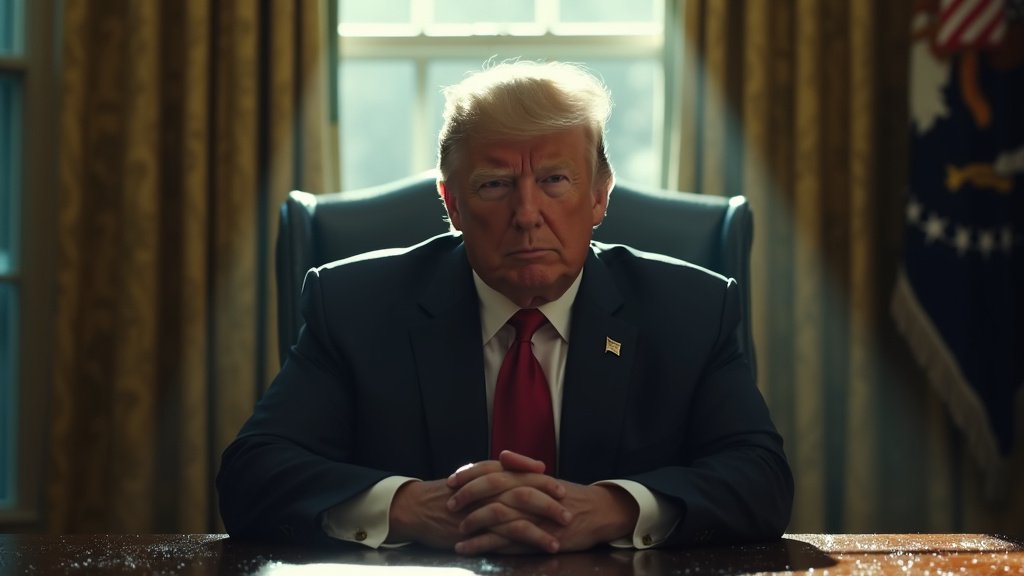WASHINGTON, D.C. – The United States Supreme Court on Tuesday, May 7, 2025, temporarily permitted the Trump administration’s prohibition on transgender individuals serving in the military to take effect. The interim decision will stand while ongoing legal challenges against the policy are resolved in lower courts.
This high court action follows an order issued in February by Defense Secretary Pete Hegseth, which mandated an immediate ban on transgender military recruits. Secretary Hegseth’s directive also halted gender-affirming medical procedures for active-duty military personnel and instituted a controversial policy requiring the identification and removal of currently serving transgender members within a stringent 30-day timeframe.
Secretary Hegseth later made controversial remarks regarding the decision on social media platforms, drawing further scrutiny.
Immigration Policies Face Judicial Resistance
Concurrently, the Trump administration’s expansive immigration agenda faced significant judicial setbacks on the same day. These rulings are widely interpreted as impediments to the administration’s stated plans for mass deportations.
In one notable decision, a federal appeals court in Boston rejected the Trump administration’s attempt to revoke temporary deportation relief. This relief had been granted to an estimated 400,000 immigrants from Cuba, Haiti, Nicaragua, and Venezuela, who had received two-year parole protection under President Biden.
Separately, two federal judges on Tuesday issued injunctions blocking the Trump administration from employing the 1798 Alien Enemies Act as justification to expel Venezuelan immigrants without affording them due process of law. The administration had sought to utilize this rarely invoked wartime statute to expedite deportations.
These new rulings align with a previous, permanent judgment issued by a Trump-appointed judge in Texas. That judge had permanently ruled against the use of the 1798 wartime law for similar expulsions. Crucially, the Texas court disputed the administration’s claim of an “invasion” by the Venezuelan gang Tren dewa as the basis for invoking the act and justifying the expulsions.
Further complicating the administration’s rationale, a recently declassified memo reportedly reveals that U.S. intelligence agencies privately held a differing view, disagreeing with the assertion that the Venezuelan government directly controls or directs the activities of the Tren dewa gang.
Scrutiny Over Deportation Practices
Adding to the legal and policy challenges, details also emerged regarding the case of 20-year-old Venezuelan national Daniel Lozano Kamargo. Reports indicate that Trump administration officials illegally sent Mr. Kamargo to El Salvador’s maximum-security mega-prison in March. This action allegedly constitutes a violation of a 2024 legal settlement that established protocols for the handling of immigrants by U.S. authorities.
May 7, 2025, thus marked a pivotal day where simultaneous legal battles unfolded across the U.S., challenging key policies and actions of the Trump administration concerning both military personnel and immigration enforcement.











